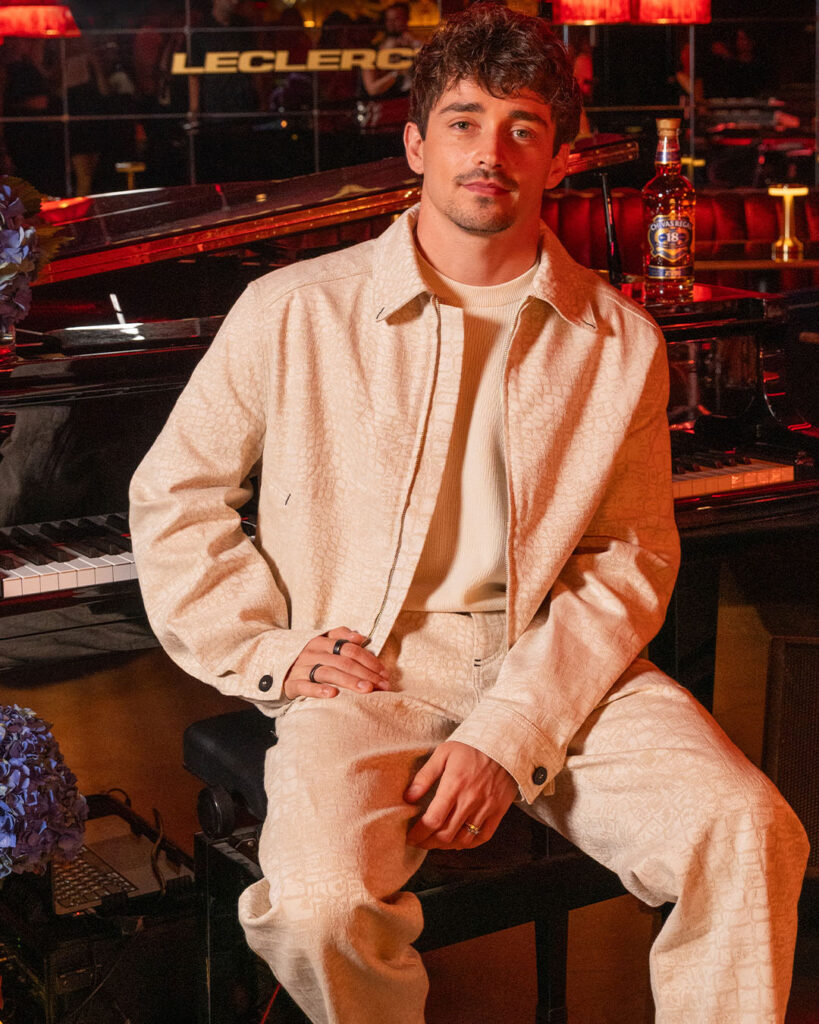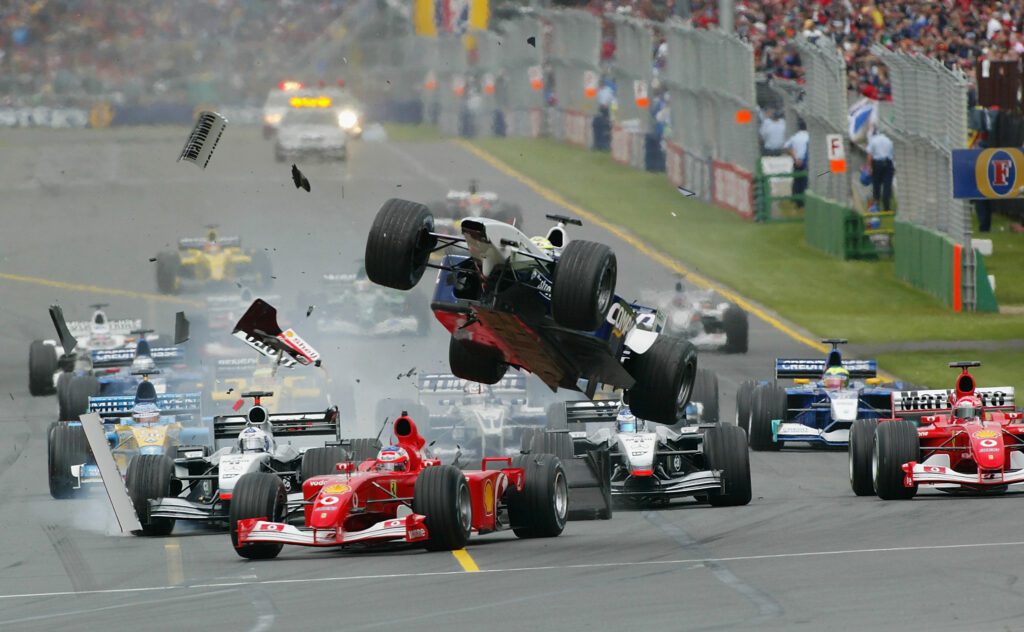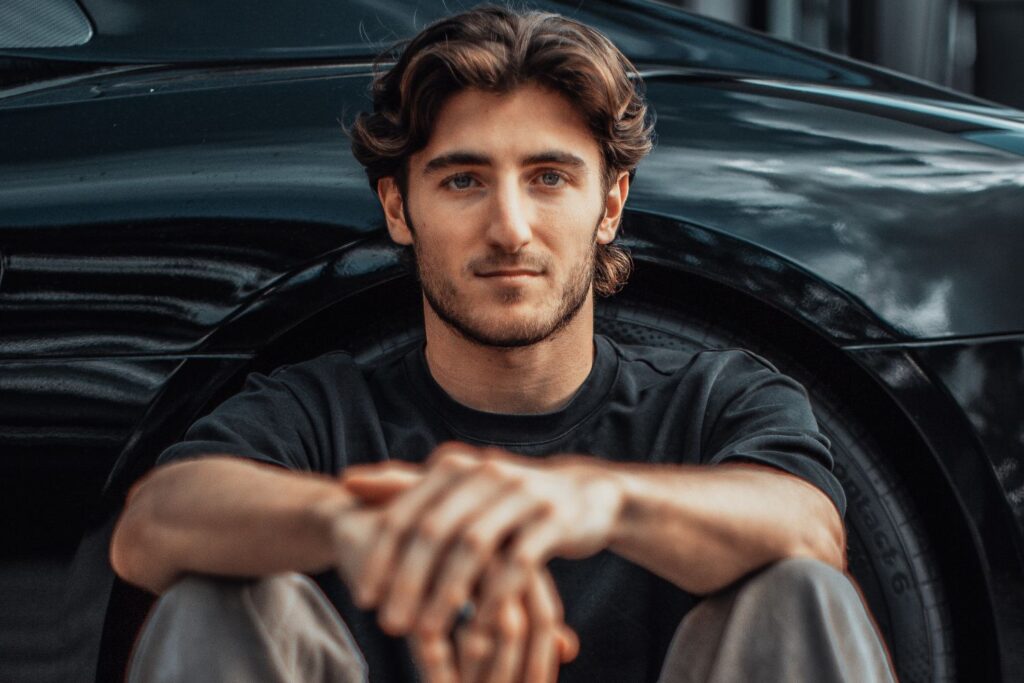In his playing days 274-game NRL icon Mario Fenech was known for his rough playstyle, frequent sinbins, and disregard for his own safety on the field, now the 60-year-old is fighting a battle with early onset dementia.
Fenech was diagnosed with dementia at the age of 53, after specialists declared he was experiencing chronic traumatic encephalopathy (CTE), a debilitating brain condition caused by frequent blows to the head and concussions.
The Rabbitohs legend has come forward about his struggles in a revealing story on 7 News Spotlight, and believes his condition is a direct result of the weekly head trauma he faced in his 15-year playing career. “I remember when I was playing football, I got smashed around the head all the time and it had a real bad effect on me,” said Fenech. “In the ‘80s and ‘90s when we played, mate, you could do anything… In those days, it was kill or be killed.”
The NRL has recently tried to mitigate the risk of head injuries in the game, with doctors now able to sideline players showing symptoms of concussion to undergo a head injury assessment, but these measures were not in place when Fenech played. “See, now, if I just tapped you on the chin, mate, I’d be sent off,” said Fenech, believing this system to be better for the players.
For Fenech, his condition is only part of the struggle, with mental health issues presenting another challenge. “There are times I get really bad, just anxiety stuff, there are times I don’t feel well. How many times have I said to my wife, ‘I don’t feel that good today?’” said Fenech. “It’s not much fun to have a brain damage.”
Fenech’s wife and now carer, Rebecca Fenech, has called out Channel 9’s long-running Footy Show for Fenech’s portrayal on the show, which made Fenech’s forgetfulness a running gag despite public knowledge of his condition. “They took the mickey out of him where, really, he’s a very intelligent man… He wasn’t a boy’s boy because he didn’t gamble, he didn’t go and have a beer after the show. So I suppose it isolated him a little bit from those people.”
Rebecca described the challenge of living with dementia, “When my son got married in April, I couldn’t even tell him until the day of it… He knew, but on the morning of it, I said, ‘Today’s the wedding’, and even during the day, I’d say, ‘We’re going to the wedding today’.
Fenech’s son Joe recalled his father’s behaviour on his wedding day “When my parents woke up in the morning, the day after the wedding, my dad turned to my mum and said, ‘Oh, I’m really excited for the wedding, when is it?’”
Fenech revealed his struggle with dementia in 2016, saying at the time “Rugby league in this generation is a lot safer than when I played, but in saying that I wouldn’t change a thing. I really enjoyed my 15-year challenge of playing Rugby League and enjoyed my time at Souths and it was brutal in those days but that’s the way it was.”
Rebecca said she wanted to share Mario’s story to bring attention to the long-term effects of head injuries in sport and hopes future athletes can be protected from debilitating repercussions.
Despite his ongoing struggle and worsening condition, Fenech remains optimistic and hopes he can help the next generation avoid a future like his, “I’m doing it for them, for future generations of children who love rugby league.”
The symptoms of dementia include memory loss, difficulty concentrating, mood changes, and being confused about time and place. In the case of CTE, symptoms often begin years or even decades after the last brain trauma or athletic involvement.
After diagnosis, the average life expectancy of dementia patients is 5-10 years, but some can live for upwards of 20 years. A 2009 study found that the average lifespan of people experiencing CTE was just 51 years.
Dementia is caused by the abnormal build-up of proteins in and around brain cells. For athletes, it is often the result of severe or repeated head trauma.
There is no cure for dementia. Aducanumab therapy has demonstrated that removing amyloid from the brain can reduce cognitive and functional decline, but it cannot reverse the effects of dementia.
A CTE diagnosis requires evidence of degeneration of tissue from proteins in the brain that can only be inspected after death. CTE cannot be diagnosed with living patients, but is often suspected in people such as Mario Fenech, who are at high risk due to repeated head trauma.















